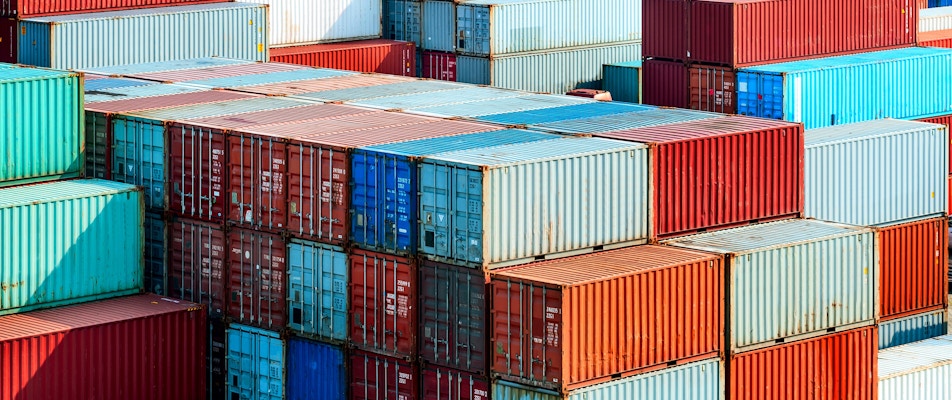

It seems like the biggest hurdle for the business owner to start their net-zero journey is the question “what impact does my business actually make?”. It is often easier to remind businesses of the opportunity to reduce emission within their own operations, but what if I was to challenge you to lead the reduction of emissions across your entire supply chain?
Emissions from supply chains are called ‘scope three emissions’. For every item brought into South Australia rather than locally produced, these scope three emissions are much greater due to the transport involved in each stage of that process.
There are many opportunities for the business community to reduce scope three emissions in South Australia. The ‘Buy Local to Save Your Local’ campaign is very close to my heart, which has never been more critical than during this pandemic.
We are a fiercely loyal state, sometimes jousting with our eastern counterparts. We are not an overly big capital city, but that is precisely where our strength lies. Business owners know their local supply chain partners a lot more than if we were operating on a larger scale.
The first recommendation to reduce scope three emissions is to consider the origin of each product you buy. That might be the final product to the consumer, but what about the various components that can be sourced locally to make that product? Is there an opportunity for South Australia to bring back more local and sustainable manufacturing, adds to our state’s capabilities and reduce emissions simultaneously?
The South Australian Business Chamber member and entrepreneurial manufacturer Phil Scardigno of The Hygiene Co is an example of this. During the pandemic, Phil’s manufacturing operations have taken a pivot (word of the pandemic!). He is about to strengthen the nation’s sovereign manufacturing capability by launching a very in-demand product (more on this soon). By bringing manufacturing back to South Australia, employers like Phil reduce scope three transport emissions. The more we buy from local manufacturers, the better off we will be. This means more sales for locally owned and operated businesses, more jobs for South Australians, and better for the environment. Everyone wins.
There is a global ‘right to repair’ movement with legislated consumer entitlements on the table here in Australia right now. Part of reducing scope three emissions is looking more broadly at the circularity of your operations. Products that can be repaired have lower lifetime emissions due to the embedded emissions. We can question society’s ‘tick and flick’ mentality by thinking about avoiding unnecessary landfill best. Instead of buying new, always see if you can repair what you have. It will significantly lower your costs and reduce your emissions.
One final suggestion to reduce scope three emissions is to reduce waste in the business sector, especially food waste. For those directly in the food supply chain, the waste starts from food not leaving the paddock, to not being exactly the right shape or size. During the processing phase there are skins and off-cuts, then retail products are not bought in time to meet manufacturer-set best before dates. In hospitality and the household, we have direct plate waste. Food convenience is at an all-time high, especially amongst developed nations. So the transport, manufacturing, and packaging emissions are all increasing.
Supermarket food retailers like the South Australian Business Chamber corporate member Foodland are working hard to reduce the emissions across their operations. Their commitment to sourcing local produce reduces their scope three emissions. Their local suppliers give them more certainty of supply when complex national food supply chains can struggle.
If you are a consumer or business owner, you have the opportunity to reduce South Australia’s scope three emissions by looking locally first in everything that you do.